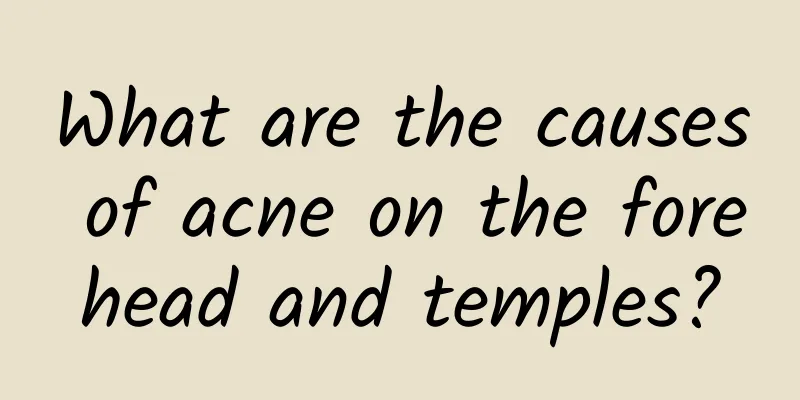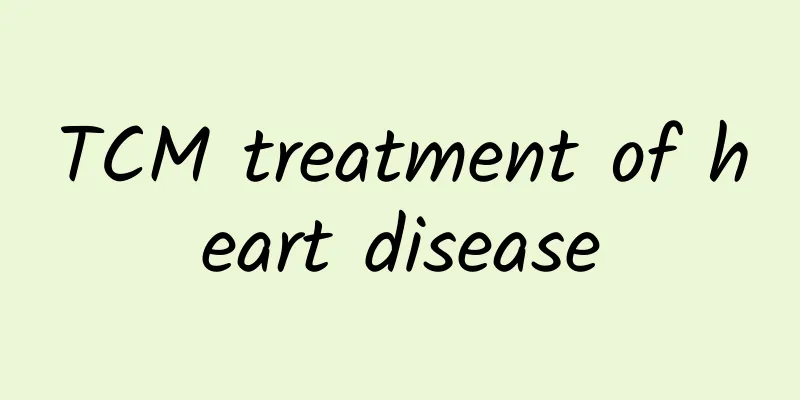Feeling dizzy when sleeping?

|
After a tiring day, people hope to lie in bed and have a good sleep at night. Because during the sleep process, people's body and mind can get enough rest. In this process, our brain, nerves, and muscles will choose the best adjustment method in their own way. To meet the needs of work and study the next day. This would have been a very wonderful thing. But it is actually very painful for some people who are ill. If you don’t get a good rest, you will feel extremely tired the next day. Dark circles under the eyes are a sign of poor sleep quality. Why do some people feel dizzy and feel like the world is spinning when they sleep? Caused by orthostatic hypotension. Orthostatic hypotension is low blood pressure caused by changes in body position, such as suddenly turning from a supine position to an upright position, or standing for a long time. It is generally believed that orthostatic hypotension is a 20 mmHg drop in systolic blood pressure or a 10 mmHg drop in diastolic blood pressure after standing compared to lying down. Orthostatic hypotension can be divided into two types: sudden and secondary. Sudden onset is often caused by autonomic nervous system dysfunction, which leads to upright arteriolar systolic dysfunction. The main symptom is low blood pressure when standing upright, which may be accompanied by unstable standing, blurred vision, dizziness, weakness, incontinence, etc. In severe cases, fainting may occur. Secondary disease is more common in spinal cord diseases, acute infectious diseases or severe infections (such as lobar pneumonia), endocrine disorders, chronic malnutrition or after the use of antihypertensive drugs or sedatives. Once orthostatic hypotension occurs, blood pressure should be measured repeatedly in different body positions to ensure a clear diagnosis and symptomatic treatment to avoid adverse effects on the patient due to syncope. In addition to the treatment of the cause of orthostatic hypotension, the following points should also be noted: (1) Eat a balanced diet, get enough nutrition, avoid overeating or starving, and do not drink alcohol. (2) Adhere to proper physical exercise, strengthen physical fitness, ensure adequate sleep time, and avoid fatigue and long periods of standing. (3) For those with obvious symptoms, elastic stockings and a tight belt can be worn. For a small number of patients with chronic orthostatic hypotension, drug treatment can also be given, such as the Chinese medicine Buzhong Yiqi Pills and Shengmai Yin, and corticosteroids can be tried. (4) To prevent postural hypotension, bedridden patients and elderly people with hypertension should move slowly when standing up and do some warm-up exercises before standing, that is, do some light limb movements, which can also help promote venous blood return to the heart, increase blood pressure, and avoid postural hypotension. There are four types of drugs that are likely to cause orthostatic hypotension: (1) Antihypertensive drugs: Guanethidine and ganglionic blocking drugs are the most common, and others include hydralazine, dihydralazine, pargyline, and α-methyldopa. These drugs can reduce vascular tension, dilate blood vessels and lower blood pressure. (2) Tranquilizers: Most commonly used after intramuscular or intravenous injection of chlorpromazine. In addition to its sedative effect, chlorpromazine also has an anti-adrenergic effect, which causes blood vessels to dilate and blood pressure to drop. It can also dilate small veins and reduce the amount of blood returning to the heart. (3) Antiadrenergic drugs: such as tolazoline and phentolamine, which act on the α-adrenergic receptors (receptors that constrict blood vessels) of blood vessels and block the vasoconstrictive effect of norepinephrine. (4) Vasodilators: such as nitroglycerin, which can directly relax vascular smooth muscle. Therefore, when using the above-mentioned drugs, you must be vigilant and take care to avoid orthostatic hypotension. Prevention methods include: (1) Do not stand up suddenly after using this type of medicine. It is best to lie still for 1 to 2 hours. If you feel dizzy after standing up, you should continue to rest in bed. (2) After taking the medicine, getting up at night to urinate or defecate is most likely to cause orthostatic hypotension, so it is best not to go to the toilet to urinate or defecate at night. (3) Excessive sweating, hot baths, diarrhea, colds, drinking, etc. are all triggers of orthostatic hypotension and should be avoided. Be careful when you get up in the morning. Once orthostatic hypotension occurs, immediately lift the patient to a well-ventilated place, or lower the head, loosen the collar, and keep the patient warm. The patient will generally wake up quickly. For patients whose seizures last for a long time and whose mental state is unclear, acupuncture can be applied to Baihui, Renzhong and Shixuan points, and pressor drugs can be injected subcutaneously if necessary. Epinephrine is contraindicated in patients with orthostatic hypotension caused by chlorpromazine because epinephrine has α and β effects. The α effect can be blocked by chlorpromazine, and the β effect will be prominently manifested, causing certain blood vessels to dilate and further lowering blood pressure. At this time, adrenergic drugs that simply stimulate α receptors, such as mesothelin or phenylephrine, can be used, but the effect of correcting blood pressure is also unreliable. |
<<: Will kidney deficiency cause dizziness?
Recommend
The most effective treatment for vitiligo
Vitiligo is a skin disease that is difficult to t...
How to treat constipation in the elderly
In our real life, we often hear people talking ab...
What is autism
People with autism are a very unintegrated group ...
Vulvar polyps
Polyps are growths that grow on the surface of hu...
Calluses on soles of feet become hard and painful to walk
In order to strive for their careers, young peopl...
Why does drinking tea cause diarrhea?
Summer has arrived, so many people will get angry...
Can I get pregnant with an ovarian cyst?
Ovarian cyst is a relatively common gynecological...
What to do if you catch a cold from the fan
When the weather is hot, you like to use a fan, e...
What to do if your child has frequent bowel movements but does not have diarrhea
If parents find that their children have frequent...
What is the treatment for pulmonary edema?
Lung health is the most important thing for peopl...
What is the disease of red blood spots on the body
The appearance of red blood spots on the body may...
What is the best temperature to drink Chinese medicine?
Many people feel that the hotter the Chinese medi...
How to treat stomach problems
There are many diseases in life that are very har...
The best time to take Chinese medicine twice a day
When should I take Chinese medicine twice a day? ...
Fitness Deer Pills Effects and Functions
In daily life, we often hear some middle-aged and...









